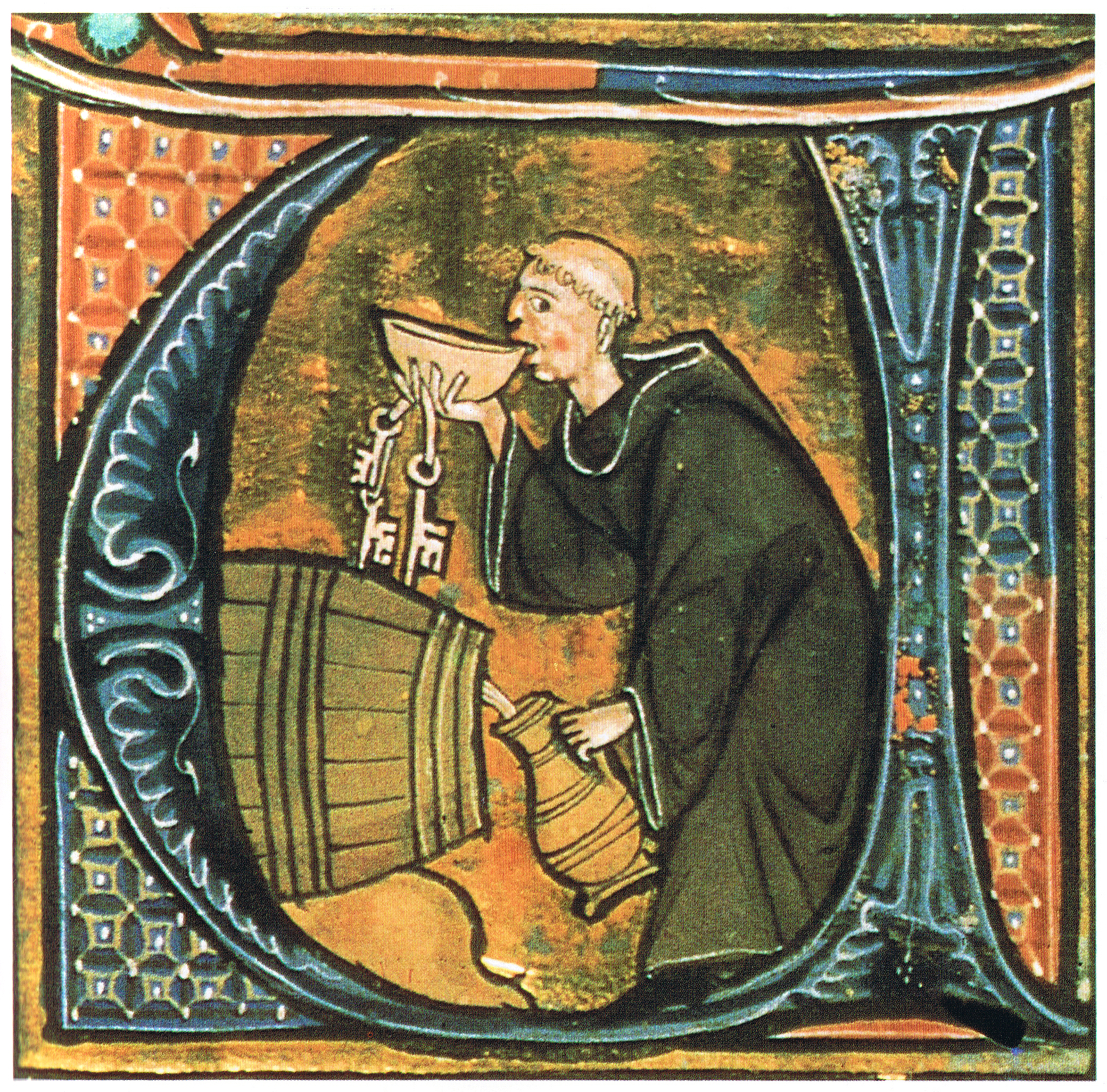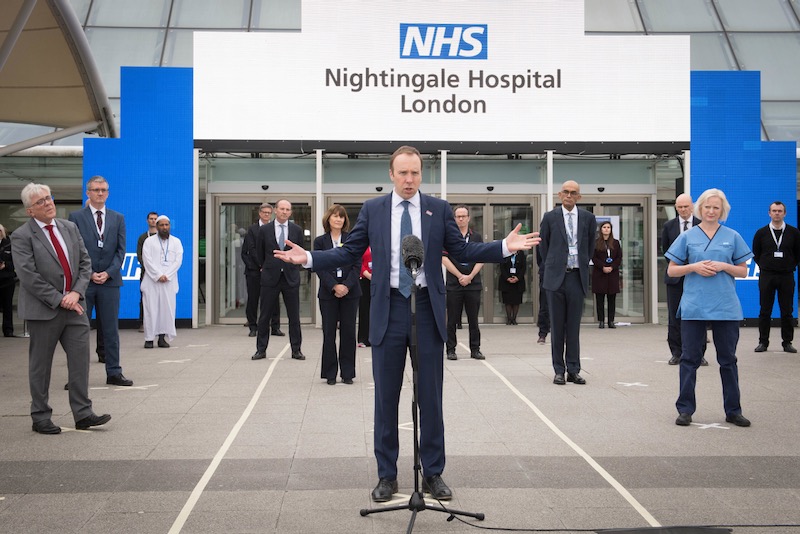As some readers of the Tablet will know, Pact is the Catholic charity which works with and for people affected by imprisonment. We work in 70 prisons, run the national Prisoners Families Helpline, and provide services to men and women in prison, to prison leavers, and to the children and families of prisoners.
In late February and March, epidemiologists warned of the prospect of several thousand deaths in prisons from Covid-19, including prisoners and those who work with them. There were warnings that, should the pandemic be unleashed in prisons at the same time as NHS intensive care beds run out, then British prisons would resemble plague ships, with skeleton crews of prison and healthcare staff setting up makeshift wards in which prisoners would be left to die, with limited ventilation, PPE or other equipment to cope with the level of need.
This was at the time, you will remember, when we were seeing news bulletins from continental Europe of people dying in hospital corridors due to a lack of beds and ventilators.
Prisons have a lot of sick people in them. Whilst some are fit and well, there are many who have struggled with drug and alcohol addiction, street homelessness and mental illness. There is also a growing population of elderly prisoners. And prison are simply not places where social distancing is a possibility. The prospect was terrifying.
On March 23, HM Prison and Probation Service took decisive action. They went into lockdown. To halt the spread of Covid-19, prisons adopted a policy of “compartmentalisation, shielding and cohorting”. Lockdown is a word that has come from the world of prisons, but what prisoners have experienced has been very different from how it has been for most of us. In prison lingo, lockdown means being “behind your door’, that is, in your cell for at least 23 hours of every day.
Since 23 March, around 80,000 people have been in prison cells, only being released briefly each day for a shower and a phone call home. Many have been be in single cells, and so in effect, have been in almost complete isolation. Others have had a “pad mate” to share with, whether they like it, or them, or not.
Most cells are just big enough for one of two small single beds, often a bunk bed, a small handbasin, a small desk and a toilet, which is often unshielded and in the room. The normal regime of prison includes weekly access to a library, communal worship in the chapel, a gym, and some association time, to play a game of pool or have a chat.
Many prisons also run education programmes, and Pact runs a number of these. Most importantly of all, prisoners get visits from their families. Sometimes just one a month, sometimes more. And sometimes, there are the very special family days that Pact runs, where children are allowed a precious couple of hours to play with mum or dad in prison, and the family can briefly forget that they are separated by prison walls.
Visits and events such as these are the two moments of joy in prisoners’ lives that they look forward to most of all. All of this has stopped. Pact called on the Government to do all that was possible to support prisoners to maintain connections with their families.
We have shown through research that keeping prisoners with their families reduces the risk of re-offending by 39 per cent. Maintaining family ties and positive relationships also reduces the risk of suicide, self-harm and violence. Many prisoners have pushed relationships to breaking point, but getting a person in prison to understand the impact of their behaviour on their children, and their potential to be a good father or mother, can be a fork in the road in their rehabilitation.
So we were delighted when the Government took some modest steps to increase access to prison phones, and started to tentatively introduce secure video calls. We continued to provide one-to-one support to prisoners and their families. Our Helpline for Prisoners’ Families saw calls double, with thousands of frantically worried family members desperate for information. We sent in tens of thousands of packs for prisoners, including activities to stave off boredom, a Writing Home pack, and other resources.
For mothers leaving prison, we provided grants to purchase food, nappies, and essentials, and we provided emergency grants to struggling families and prison leavers, who still only receive a £46 end of custody grant whilst they wait for universal credit payments, forcing many to choose between re- offending or sleeping on the streets.
Our resettlement teams also continued to provide mentoring and advocacy support, and the Government’s support for emergency accommodation has been essential in enabling our staff and volunteers to avoid prison leavers sleeping rough during the pandemic. We also applauded the Government’s decision to introduce an early release scheme for low risk prisoners. The plan was to release up to 4,000 prisoners on tag, electronic monitoring, who had a matter of weeks to serve on their sentence. The additional risk to the public was minimal, and it could have provided valuable headroom in an overcrowded system. But to date, only 142 prisoners have been released under this programme, and only 35 prisoners released on compassionate grounds due to significant health risks.
Despite this, our prison population is lower than it has been for the last 15 years, dropping below 80,000. Our justice system has simply seen fewer arrests and fewer people remanded into custody. There is a backlog of more than 30,000 court cases however, and as young people leave their homes and get back on to the streets, the prison population will once again increase, with the risk of Covid-19 finding its way into prisons at the forefront of our minds.
Our current focus is on working with the Prison Service on plans to restore visits for families. It's going to involve walking a fine line between keeping people as physically safe as possible, including our own staff and volunteers, and restoring some humanity and mental health to the system. We hope it can come soon, and we are waiting for approvals of plans from officials.
Some prisoners have coped well with lockdown. Others are struggling with the isolation and the effect on their health and mental health. Just today, I heard of a prisoner who has lost the ability to walk and who has suffered a profound psychosis during lockdown. Things are not going to be the same as they were for a long time to come.
There was a longer term epidemic of brokenness long before Covid-19. But Pact will be there, as we have been for 120 years, alongside the chaplains, bringing the care and support of the Church to people in prison, their children and families. And we live in hope. One hope is that the taste that we have all had of what a loss of liberty feels like will stay with us. That as restrictions ease, the memory of this time will make us appreciate and find even more joy in simply being free. Perhaps, also, those who call for ever longer prison sentences might reflect on how challenging even a few months of lockdown has been, in the comfort of one’s own home, and how the hardest thing of all has been separation from family and friends and the people we love. Perhaps we might all have just a little more insight, and a little more compassion, as to what the life of prisoner is really like.
Andy Keen-Downs is director of PACT, the Prison Advice and Care Trust.
Prisoners Families Helpline 0808 808 2003 (Open 7 days a week. Free confidential service).



 Loading ...
Loading ...
What do you think?
You can post as a subscriber user ...
User comments (0)